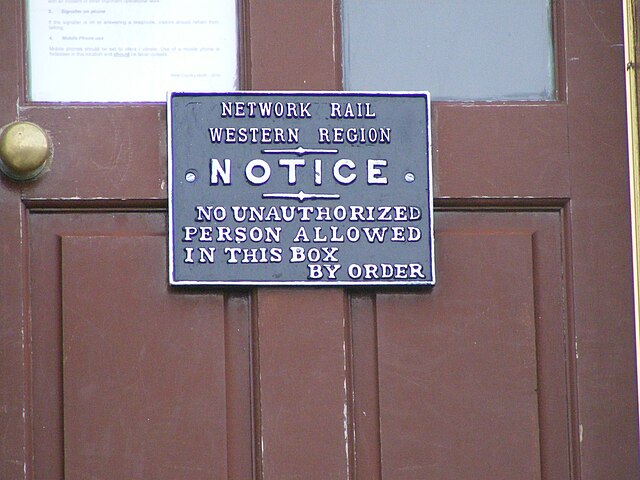The Northern Hub was a rail upgrade programme between 2009 and 2020 in Northern England to improve and increase train services and reduce journey times between its major cities and towns, by electrifying lines and removing a major rail bottleneck in Manchester. It was predicted to stimulate economic growth in the region. The project had several elements but the prime objective was to eradicate the bottleneck in Manchester and allow trains to travel through the city at speed without stopping. The project was announced as the Manchester Hub in 2009. The project's steering partnership involved Network Rail, Deutsche Bahn, First TransPennine Express, Northern Rail, East Midlands Trains, CrossCountry, Freightliner, the Department for Transport, Transport for Greater Manchester and Merseytravel.
Terminating platforms at Manchester Victoria in 2012, before modernisation
Approximately 90% of Arriva Rail North's rolling stock was built in the 1980s, including the unpopular "Pacers" (pictured). As of 2017, the last investment in new-built rolling stock for Northern was in 1998.
The partially complete new roof at Manchester Victoria in July 2014
A diagram showing the Ordsall Chord.
Network Rail Limited is the owner and infrastructure manager of most of the railway network in Great Britain. Network Rail is a non-departmental public body of the Department for Transport with no shareholders, which reinvests its income in the railways.
Blackfriars Railway Bridge with photo-voltaic roof panels
Sign showing the Network Rail name on the signal box at Ledbury.
Royal Albert Bridge after refurbishment by Network Rail
Network Rail's Coventry leadership development centre, Westwood.








